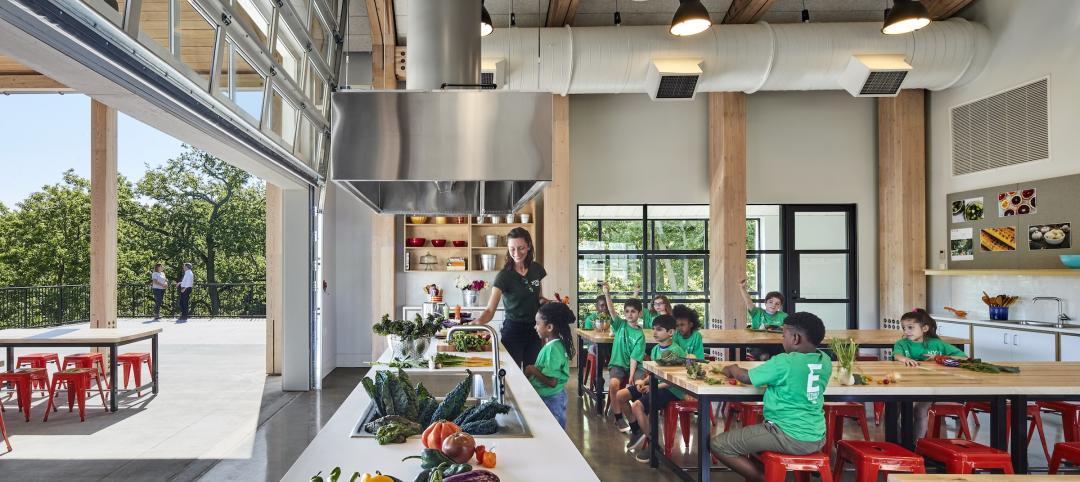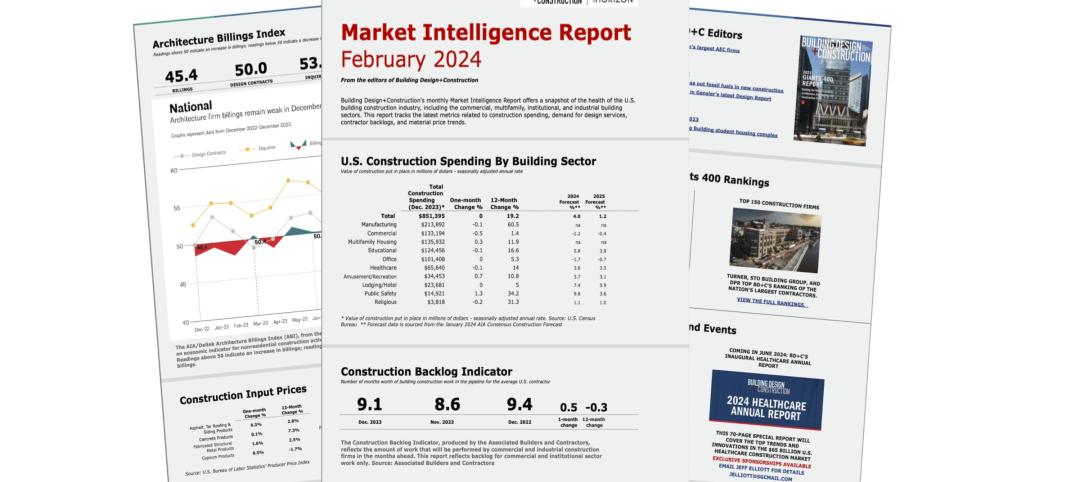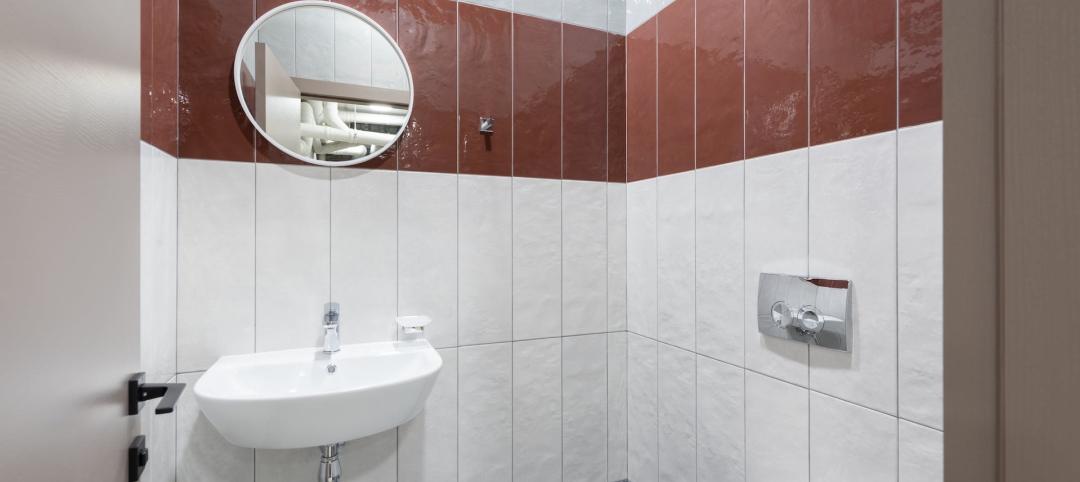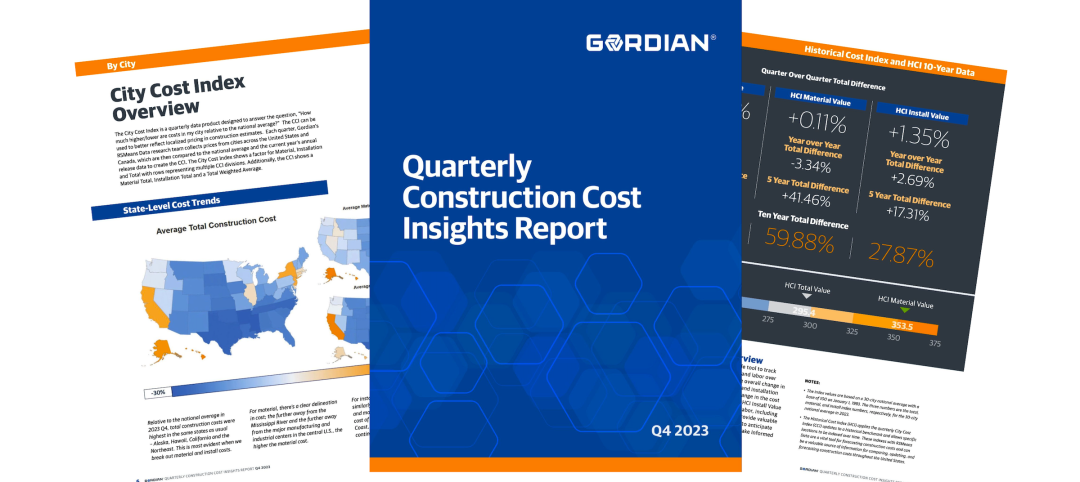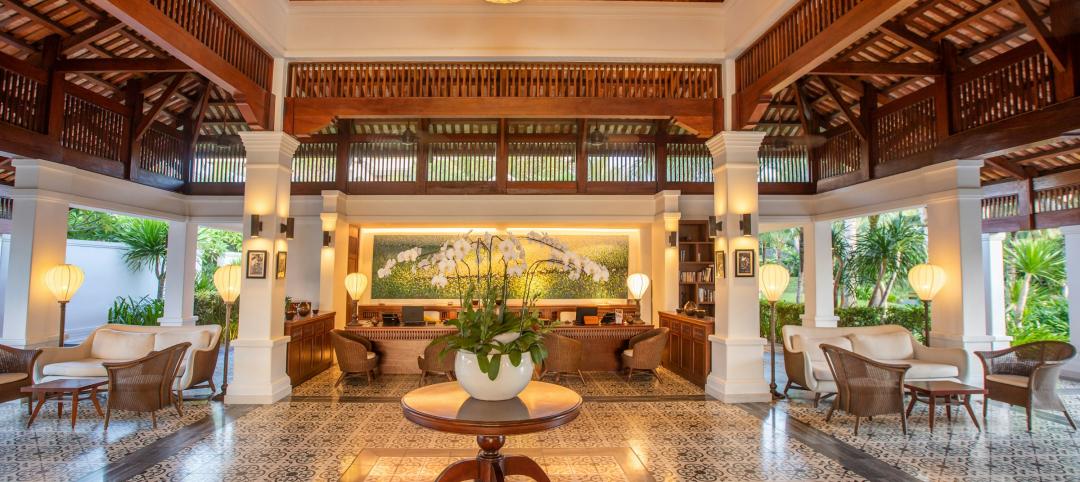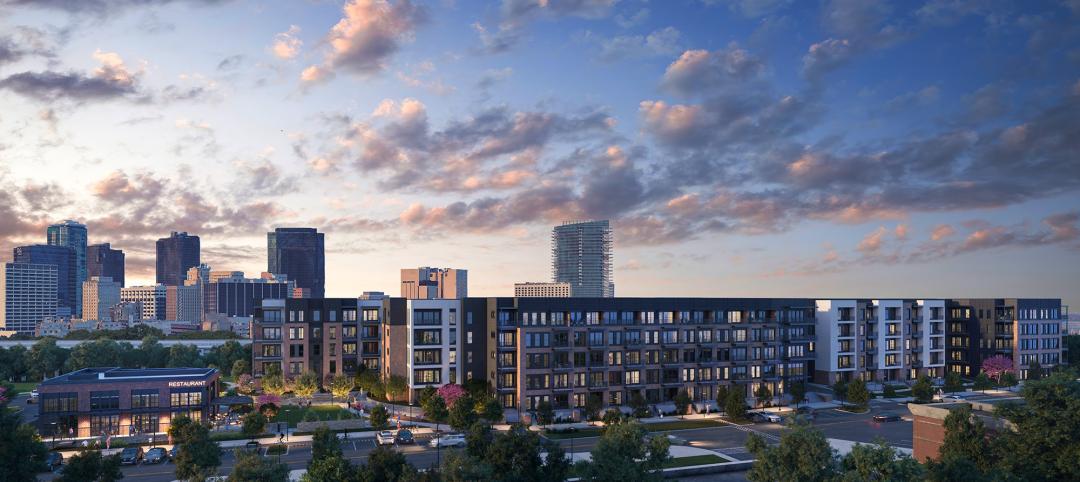Seattle, WA - The City of Seattle sent letters to more than 800 large commercial property owners and managers today informing them about a new citywide program designed to help owners and managers assess and improve building energy efficiency and spur the market for building energy retrofits.
“Seattle’s buildings provide one of the greatest opportunities to generate energy savings and boost economic development for the city. This new program will help building owners take a key step toward increasing building energy efficiency, which, in turn, helps lower operating costs, makes buildings more competitive and creates good local jobs,” said Department of Planning and Development Director Diane Sugimura.
According to the U.S. Department of Energy, buildings consume more than 70 percent of the electricity generated in the U.S. and could be made 30 to 50 percent more energy efficient with currently available products and services. But many property owners and managers don’t know how well or poorly their buildings use energy or how their building’s energy performance compares to similar buildings. Also, consumers have no way to compare the energy performance of buildings they hope to buy or rent.
Under the new program, all commercial and multifamily residential buildings larger than 10,000 sq. ft. will be measured or “benchmarked,” for their energy performance using the U.S. EPA’s ENERGY STAR Portfolio Manager. Building energy ratings will also be provided to the City and to prospective buyers, tenants and lenders upon request during real estate transactions. The program first applies this fall to nonresidential buildings 50,000 sq. ft. or larger and extends to both nonresidential and multifamily residential buildings 10,000 sq. ft. or larger next April 2012.
Energy benchmarking is becoming a common practice among many large property owners and managers working to lower building operating costs and make buildings more competitive on the real estate market.
Managers of the historic Dexter Horton building in downtown Seattle have been benchmarking and rating the building’s energy performance for several years.
“The more aware you are of your building’s energy use and work to rein in energy waste today, the better positioned you’ll be in the future as energy costs continue to rise. By benchmarking the Dexter Horton building and making energy efficiency improvements, we are able to compete with buildings that are 60 years younger,” said Andrea Benvenuto of CB Richard Ellis, the company that manages the building.
Numerous studies show that energy-efficient buildings - in particular those with green certifications - out-compete inefficient buildings in terms of higher rental and sales prices and building occupancy levels.
“Our clients are looking for energy-efficient buildings because they understand these properties cost less to own and operate, hold their value, and make for better and more productive working environments. Having access to building energy information helps prospective buyers and tenants find energy-efficient buildings and reduces their exposure to the risks of owning or leasing in a less efficient building,” said Dave Low, Director of Sustainability Practices, Kidder Mathews.
For more information about the program, see the City’s Energy Benchmarking and Reporting Ordinance or email: energybenchmarking@seattle.gov.
Related Stories
K-12 Schools | Feb 13, 2024
K-12 school design trends for 2024: health, wellness, net zero energy
K-12 school sector experts are seeing “healthiness” for schools expand beyond air quality or the ease of cleaning interior surfaces. In this post-Covid era, “healthy” and “wellness” are intersecting expectations that, for many school districts, encompass the physical and mental wellbeing of students and teachers, greater access to outdoor spaces for play and learning, and the school’s connection to its community as a hub and resource.
Codes | Feb 9, 2024
Illinois releases stretch energy code for building construction
Illinois is the latest jurisdiction to release a stretch energy code that provides standards for communities to mandate more efficient building construction. St. Louis, Mo., and a few states, including California, Colorado, and Massachusetts, currently have stretch codes in place.
Market Data | Feb 7, 2024
New download: BD+C's February 2024 Market Intelligence Report
Building Design+Construction's monthly Market Intelligence Report offers a snapshot of the health of the U.S. building construction industry, including the commercial, multifamily, institutional, and industrial building sectors. This report tracks the latest metrics related to construction spending, demand for design services, contractor backlogs, and material price trends.
Retail Centers | Feb 4, 2024
‘Safe bathroom’ technology prevents fatal drug overdoses in public restrooms
‘Safe bathroom’ technology developed by a Massachusetts electrician has been proven to prevent fatal drug overdoses in public restrooms across the country. The systems use ultrasonic and infrared motion sensors connected to timers that detect slight body movements. When a system doesn’t sense motion within a set time period, it raises an alarm alerting emergency medical teams.
Standards | Feb 1, 2024
Prioritizing water quality with the WELL Building Standard
In this edition of Building WELLness, DC WELL Accredited Professionals Hannah Arthur and Alex Kircher highlight an important item of the WELL Building Standard: water.
Industry Research | Jan 23, 2024
Leading economists forecast 4% growth in construction spending for nonresidential buildings in 2024
Spending on nonresidential buildings will see a modest 4% increase in 2024, after increasing by more than 20% last year according to The American Institute of Architects’ latest Consensus Construction Forecast. The pace will slow to just over 1% growth in 2025, a marked difference from the strong performance in 2023.
Construction Costs | Jan 22, 2024
Construction material prices continue to normalize despite ongoing challenges
Gordian’s most recent Quarterly Construction Cost Insights Report for Q4 2023 describes an industry still attempting to recover from the impact of COVID. This was complicated by inflation, weather, and geopolitical factors that resulted in widespread pricing adjustments throughout the construction materials industries.
Hotel Facilities | Jan 22, 2024
U.S. hotel construction is booming, with a record-high 5,964 projects in the pipeline
The hotel construction pipeline hit record project counts at Q4, with the addition of 260 projects and 21,287 rooms over last quarter, according to Lodging Econometrics.
Modular Building | Jan 19, 2024
Virginia is first state to adopt ICC/MBI offsite construction standards
Virginia recently became the first state to adopt International Code Council/Modular Building Institute off-site construction standards.
Mixed-Use | Jan 19, 2024
Trademark secures financing to develop Fort Worth multifamily community
National real estate developer, investor, and operator, Trademark Property Company, has closed on the land and secured the financing for The Vickery, a multifamily-led mixed-use community located on five acres at W. Vickery Boulevard and Hemphill Street overlooking Downtown Fort Worth.


